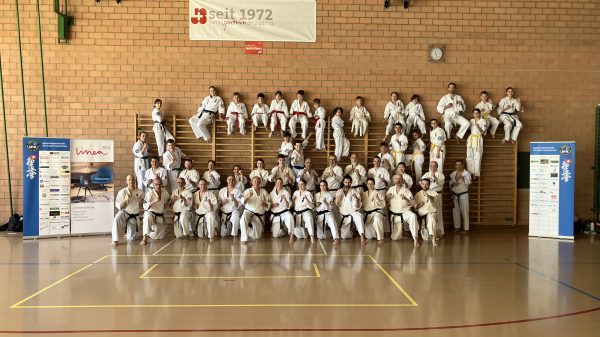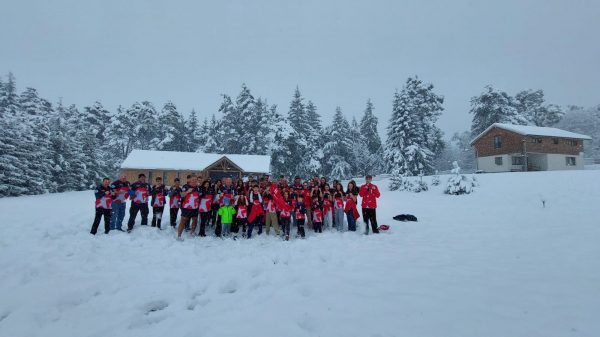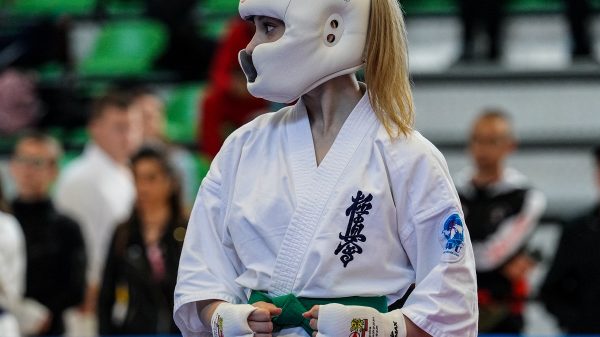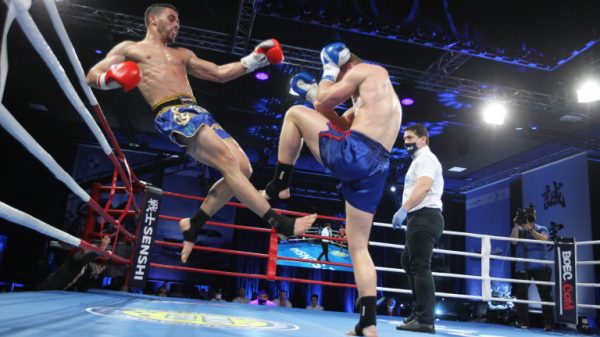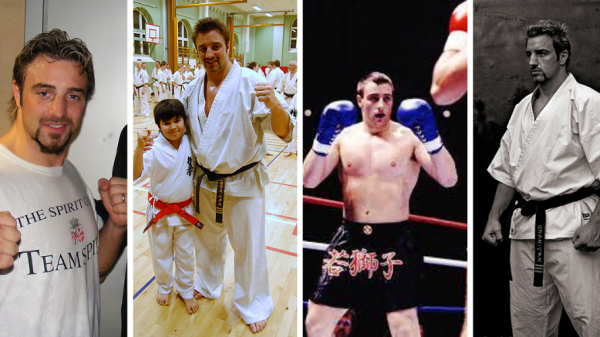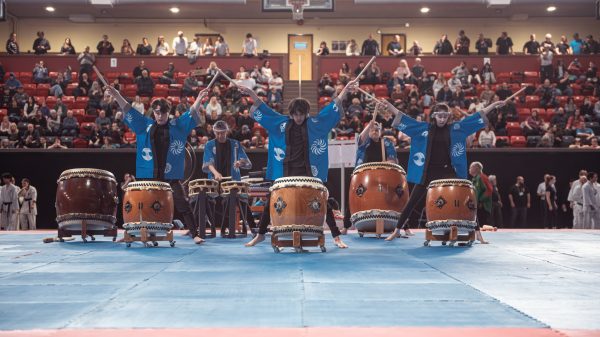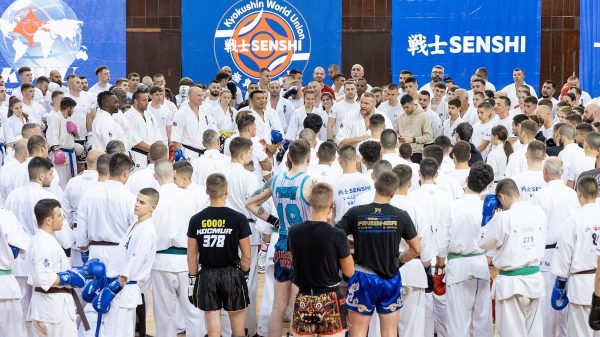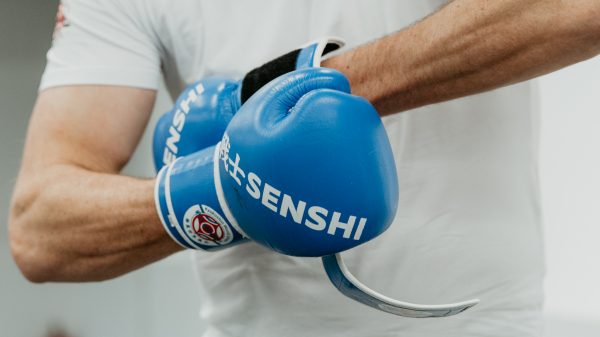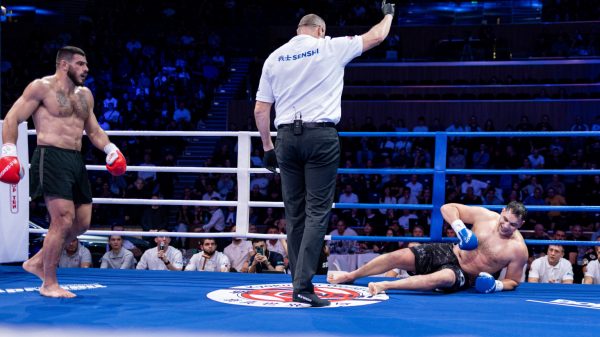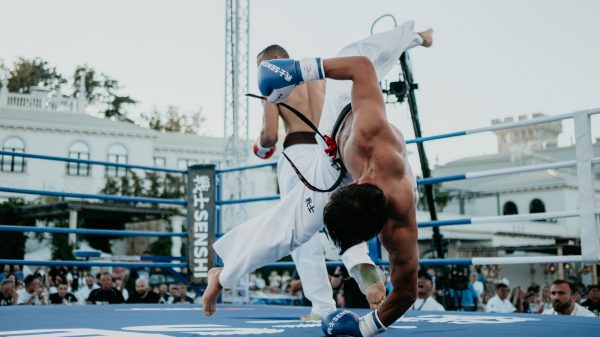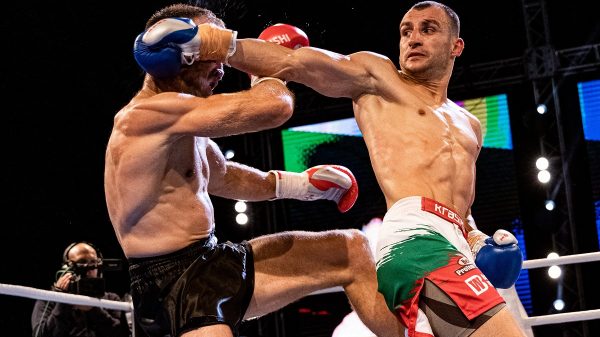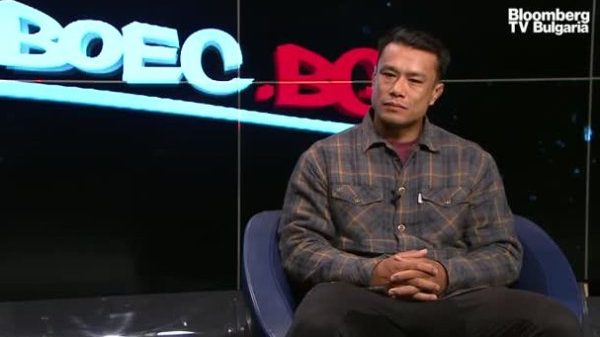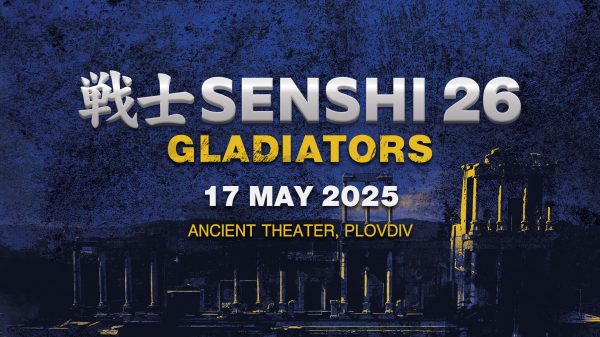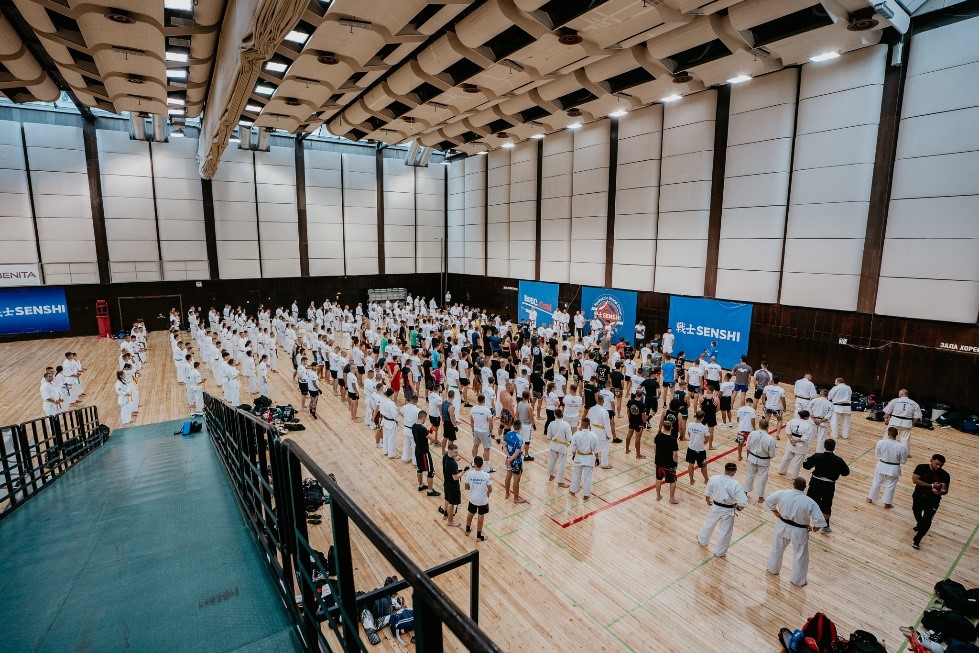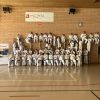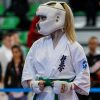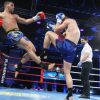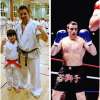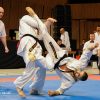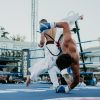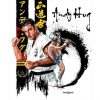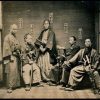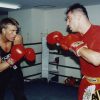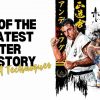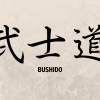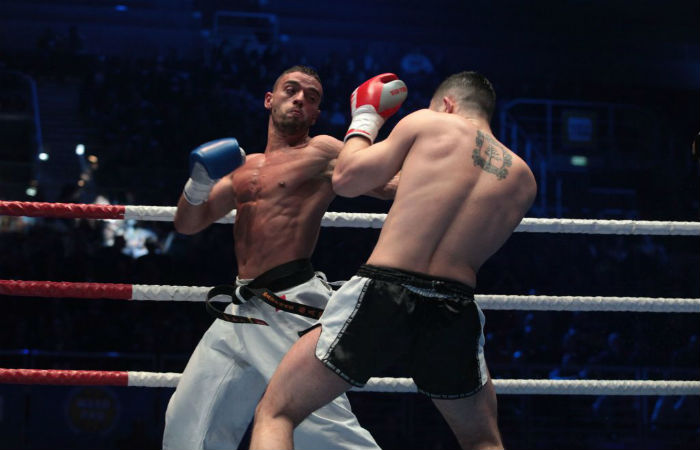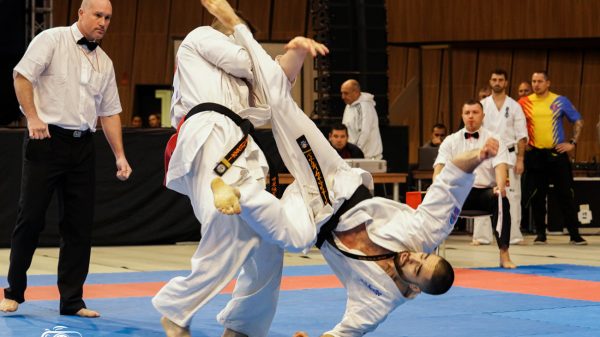During the winter’s SENSHI camp, kickboxing legends Ernesto Hoost and Shihan Semmy Schilt shared their thoughts on training, the evolution of the camp, and their unique coaching philosophies.
Ernesto Hoost on Training and Physical Conditioning
Ernesto Hoost noted that the participants at recent SENSHI camps seem to be younger, though he believes the diversity in age is more pronounced rather than just an influx of younger fighters. For Hoost, the physical aspect of training is paramount. He aims to keep participants in good shape without overloading them, ensuring that they are well-prepared without excessive stress.
When asked about training smaller fighters with larger opponents, Hoost emphasized the importance of testing oneself against bigger, stronger partners. He pointed out that, in real combat, such mismatches are inevitable, and fighters need to be ready. However, he also stressed that larger training partners should control their strength to avoid causing harm.
Hoost was also impressed by the level of knockouts at the latest SENSHI fight night, highlighting the continuous improvement of the fighters. He attributed this to both the training camps and the fighters’ own dedication. He also expressed his hope that women would be more actively involved in future SENSHI events, given the growing interest from female athletes.
Shihan Semmy Schilt on Mental Fortitude and Psychological Preparation
Shihan Semmy Schilt, on the other hand, focused on the psychological aspect of training. While Ernesto Hoost leans towards physical conditioning, Schilt believes that mental strength is crucial for success. He explained that, in any fight, there are moments when technique alone isn’t enough—psychological stability becomes the deciding factor.
Schilt also addressed the importance of preparing for real-life situations, not just tournament settings. He believes that in a street altercation, fighters may face opponents who are much larger or stronger, and they need to be psychologically ready for such challenges. For Schilt, karate and kickboxing are not just sports; they provide the mental resilience necessary for life.
Reflections on SENSHI Fight Night and Judging
Both Hoost and Schilt shared their impressions from the recent SENSHI fight night. Hoost was impressed by the level of competition, noting the increasing quality of the fights. Schilt, who acted as a referee in one of the bouts, defended his decision to stop a fight, explaining that safety is his priority. Although some fighters may be disappointed, Schilt stood by his decision, emphasizing that the long-term well-being of the athletes is more important than allowing a fight to continue unnecessarily.
Looking ahead, both legends expressed their excitement for future SENSHI camps and events, with Schilt particularly enthusiastic about the upcoming summer camp and amateur kickboxing tournament. Both are eager to continue sharing their knowledge and experience with the next generation of fighters.



